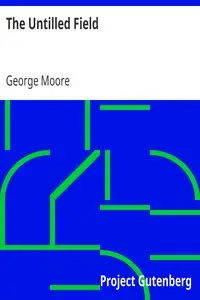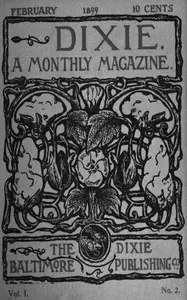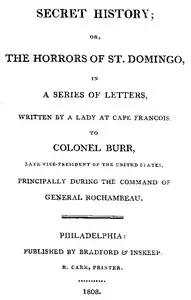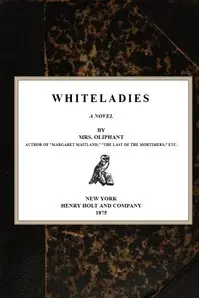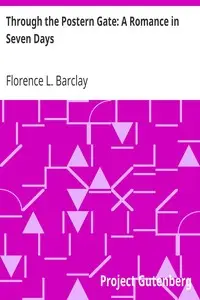** "Brother Jacob" by George Eliot is a story woven during the Victorian era, and it pulls us into the world of David Faux, a candy maker with big dreams of striking it rich who leaves his family behind to chase a better life in the West Indies, only to come back nearly empty-handed and filled with regret. The narrative looks closely at themes like wanting more, family relationships, and where people stand in society, especially how unexpected events can change who we are and what happens to us. We follow David as he steals his mom’s money to pay for his trip, hoping to make a name for himself in a new land; however, he’s let down by the tough realities of life, which forces his return to the very life he tried to escape. Back home, he tries to reinvent himself as Edward Freely in Grimworth, but his past catches up when his brother Jacob, who is not very bright, shows up and messes with David’s plans and dreams. The story provides a careful look at what society expects, how important family is, and what success really means, showing how life can often block our biggest ambitions and best-laid plans. **

Brother Jacob
By George Eliot
** A man’s desperate attempts to escape his past and climb the social ladder turn hilariously chaotic when a family secret threatens to unravel everything.
Summary
About the AuthorMary Ann Evans, known by her pen name George Eliot, was an English novelist, poet, journalist, translator, and one of the leading writers of the Victorian era. She wrote seven novels: Adam Bede (1859), The Mill on the Floss (1860), Silas Marner (1861), Romola (1862–1863), Felix Holt, the Radical (1866), Middlemarch (1871–1872) and Daniel Deronda (1876). As with Charles Dickens and Thomas Hardy, she emerged from provincial England; most of her works are set there. Her works are known for their realism, psychological insight, sense of place and detailed depiction of the countryside. Middlemarch was described by the novelist Virginia Woolf as "one of the few English novels written for grown-up people" and by Martin Amis and Julian Barnes as the greatest novel in the English language.
Mary Ann Evans, known by her pen name George Eliot, was an English novelist, poet, journalist, translator, and one of the leading writers of the Victorian era. She wrote seven novels: Adam Bede (1859), The Mill on the Floss (1860), Silas Marner (1861), Romola (1862–1863), Felix Holt, the Radical (1866), Middlemarch (1871–1872) and Daniel Deronda (1876). As with Charles Dickens and Thomas Hardy, she emerged from provincial England; most of her works are set there. Her works are known for their realism, psychological insight, sense of place and detailed depiction of the countryside. Middlemarch was described by the novelist Virginia Woolf as "one of the few English novels written for grown-up people" and by Martin Amis and Julian Barnes as the greatest novel in the English language.



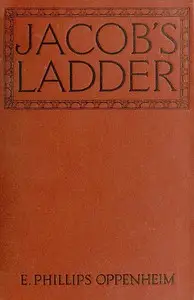



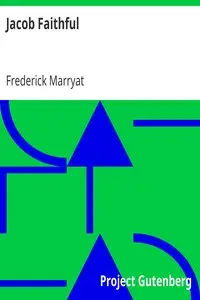

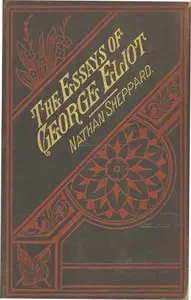
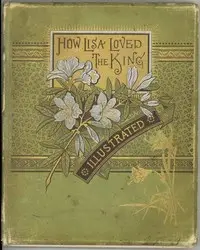

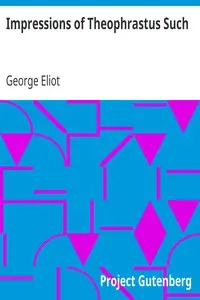

![Truth [Vérité] by Émile Zola](https://cdn.a2-host.cloud/gJadDFjYZbZy0VRwEuv6sJ-l4PPR7k_V643HFai-QzQ/rs:fill:215:325:0/g:ce/aHR0cHM6Ly9zcC1hc3NldHMuczMudXMtd2VzdC0wMDQuYmFja2JsYXplYjIuY29tL2Jvb2svNTU4NDkvVHJ1dGhfVnJpdF9jb3Zlci5qcGc.webp)
